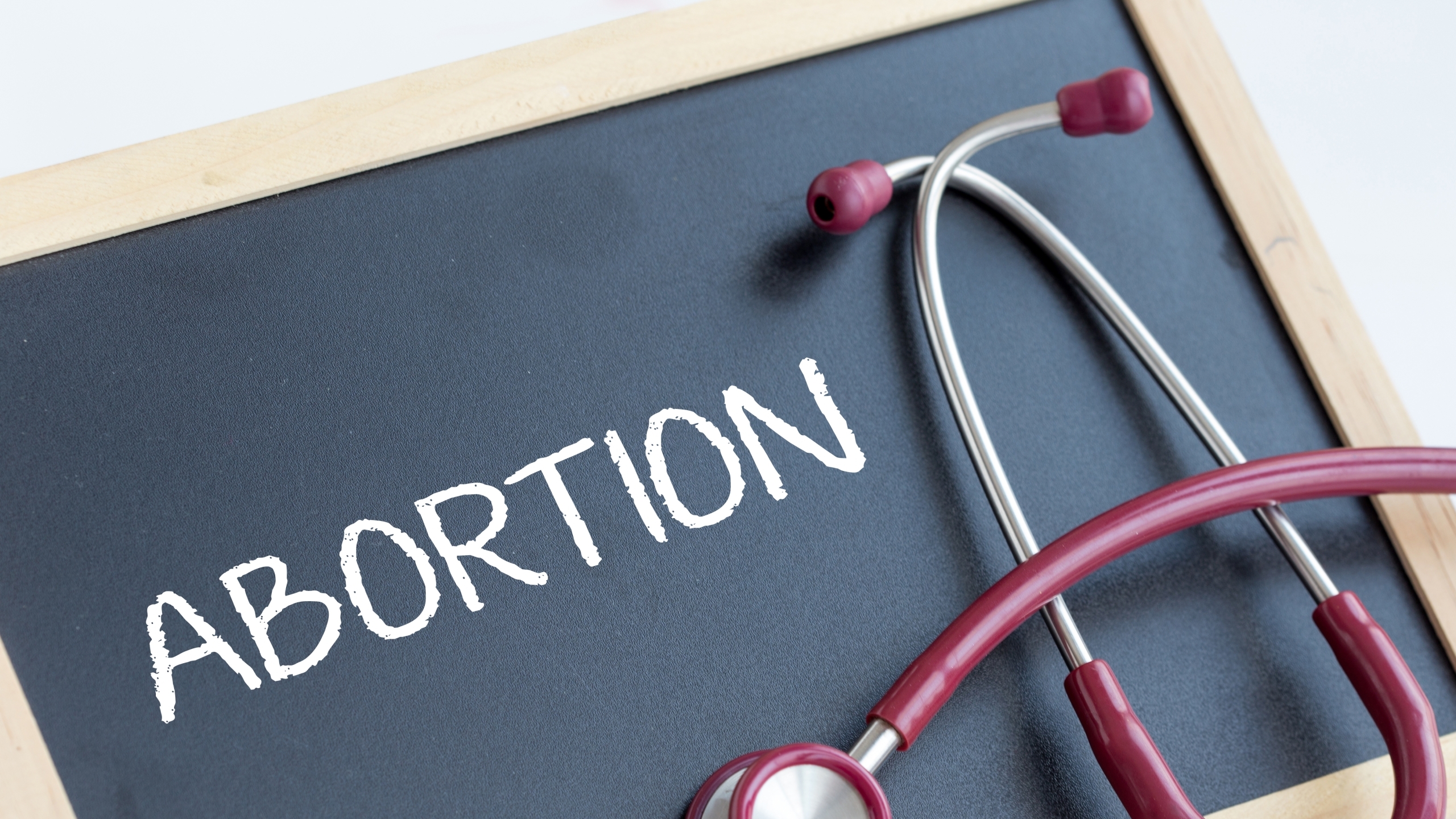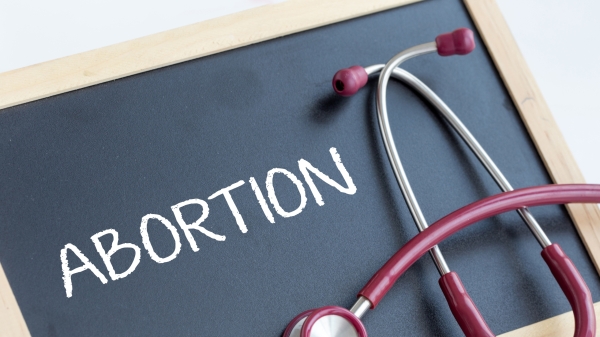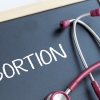When Alabama passed legislation in 2019 to criminalize abortions in the state, Republicans were clear: the women receiving abortions were not to be criminalized.
But just a year after Roe v. Wade was reversed, Rep. Ernie Yarbrough, R-Trinity, has introduced a bill, HB454, doing just that, eliminating a section in the homicide code preventing prosecutors from charging women for homicide for having an abortion.
Advocacy groups fighting for abortion access said Friday that this was always what they expected to come down the line from outlawing the procedure.
“People wanted so desperately to rest in ‘only the provider would be punished’ despite folks screaming that this would be next,” said Jenice Fountain, executive director of the Yellowhammer Fund. “How do we keep our people safe?”
Robin Marty, operations director at West Alabama Women’s Center, said there were signs that this kind of legislation would be coming sooner than later.
“We saw this coming when Etowah County jails illegally detained pregnant people who they believed used marijuana after conceiving,” Marty said. “It was reaffirmed by the Attorney General when he suggested those who self-managed abortions could be charged with chemical endangerment. This bill confirms a long line of stances from the state of Alabama harking back to Amanda Kimborough’s arrest for using meth while pregnant in 2008, or Marshae Jones’s indictment for manslaughter after getting shot in the stomach and losing her pregnancy at five months.”
Eric Johnston, the Birmingham attorney who wrote the 2019 abortion law, told APR months ago that a bill of this nature would be out of step with the pro-life movement which he said over 40 years of challenging Roe v. Wade has overwhelmingly chosen not to prosecute women.
Rep. Chris England, D-Tuscaloosa, introduced a bill in this session to repeal an earlier law that would allow women who obtain an abortion to be charged with a misdemeanor, solidifying the state’s stance against prosecuting women. But Yarbrough’s bill swings entirely the other direction and allows women to be charged with a Class A Felony.
“Introduced by extremist lawmakers, this horrifying attempt to charge people who have abortions with homicide is an egregious overstep by the government and another tactic to control people’s bodies and livelihoods,” said Austin Roark, Alabama policy and movement building director at URGE.
Critics have long pointed to the potential for these laws to be used in cases of miscarriage, and the groups echoed those concerns again after the introduction of this bill.
“If HB454 becomes law, it would legally mandate that someone be charged with murder for having a miscarriage. This is not only medically inaccurate but also cruel and unjust,”said Anneshia Hardy, executive director of Alabama Values Progress. “The consequences of HB454 would be far-reaching and devastating. It would perpetuate a culture of fear and stigma around women’s reproductive health, discouraging them from seeking the vital healthcare services they need. Hb454 undermines the principles of compassion, empathy, and respect for human rights that should guide our society.”
“HB454 will put pregnant people in jail—those seeking abortions, but also those who just have the misfortune to have had a bad pregnancy outcome and being poor, Black or otherwise in a situation where they are most vulnerable to the racist and classist medical and police systems in our state,” Marty said.
The bill originates from a new nonprofit called End Abortion Alabama based out of Prattville.
The organization’s founder, DJ Parten, told APR that there are instances where women should be held accountable on homicide charges.
“Women who are victims, who are in difficult situations and maybe pressured to commit an abortion, we’re working on some things to protect those women,” Parten said. “But women who intentionally terminate their child should not be granted blanket immunity. There certainly are exceptions where we don’t want them to face prosecutions. But women openly boasting about abortions, using that language, those women are not victims. Nobody by nature of being a woman should be immune from prosecution.”
The bill is specifically designed to address what some anti-abortion advocates see as a gap in the 2019 law that provides no recourse for abortions performed by women using the medication mifepristone.





















































